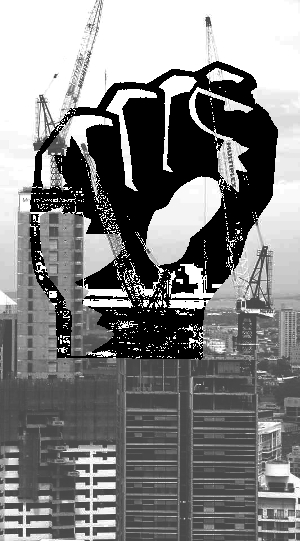Abbott wants Shortern to lay bare union links
 The Prime Minister says the Opposition Leader should answer questions about whether Australian Workers Union members were 'ripped off'.
The Prime Minister says the Opposition Leader should answer questions about whether Australian Workers Union members were 'ripped off'.
Cesar Melhem, who took Opposition Leader Bill Shorten’s role as Victorian state secretary of the AWU, stepped aside as a government whip in the Victorian parliament this week.
Mr Melhem quit amid allegations from the unions royal commission that he deprived cleaners of about $2 million in penalty rates in return for $25,000 a year in donations.
Mr Shorten was asked if he would distance himself from Mr Melham this week, and he told reporters : “I have made it clear that it doesn't matter who you are, if you engage in corruption in the workplace, employer or union rep, you should feel the full force of the law.”
Prime Minister Tony Abbott said Shorten should answer more questions about his time as AWU boss.
“He's very familiar with the union business model and what we've learnt from the royal commission over the last few days is that the AWU in particular was guilty of ripping off workers to advance its own political position,” Mr Abbott told reporters in Sydney.
“Mr Shorten has questions to answer and it's just not good enough for him to stonewall in the face of perfectly reasonable questions about whether these sorts of sweetheart deals were done in his time as a union leader.”
Shorten was mentioned in evidence at the commission in September last year in relation to the company Chiquita Mushrooms.
The mushroom-growers allegedly paid the AWU $4000 a month for training from September 2003 to January 2004, but the commission found the money did not go into a training account.
It appears to have turned up in the union's ‘general revenue stream’.
A company manager told the inquiry that discussions with Mr Shorten, as the-then secretary of the Victorian AWU, were limited to just the number of contractors on site and issues around an enterprise bargaining agreement.
The time limit for any civil court action on the issue has expired, but the commission did find that the payments were made “for no legitimate purpose”.








 Print
Print